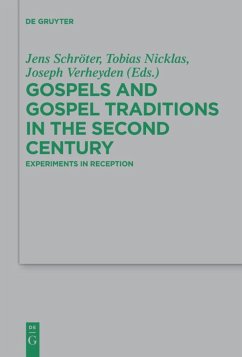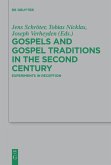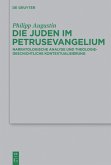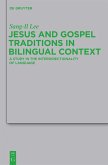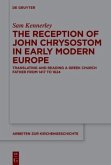The second century CE has often been described as a kind of dark period with regard to our knowledge of how the earliest Christian writings (the gospels and Paul's letters) were transmitted and gradually came to be accepted as authoritative and then, later on, as "canonical". At the same time a number of other Christian texts, of various genres, saw the light. Some of these seem to be familiar with the gospels, or perhaps rather with gospel traditions identical or similar to those that found their way into the NT gospels. The volume focuses on representative texts and authors of the time in order to see how they have struggled to find a way to work with the NT gospels and/or the traditions behind these, while at the same time giving a place also to other extra-canonical traditions.
It studies in a comparative way the reception of identifiably "canonical" and of extra-canonical traditions in the second century. It aims at discovering patterns or strategies of reception within the at first sight often rather chaotic way some of these ancient authors have cited or used these traditions. And it will look for explanations of why it took such a while before authors got used to cite gospel texts (more or less) accurately.
It studies in a comparative way the reception of identifiably "canonical" and of extra-canonical traditions in the second century. It aims at discovering patterns or strategies of reception within the at first sight often rather chaotic way some of these ancient authors have cited or used these traditions. And it will look for explanations of why it took such a while before authors got used to cite gospel texts (more or less) accurately.

